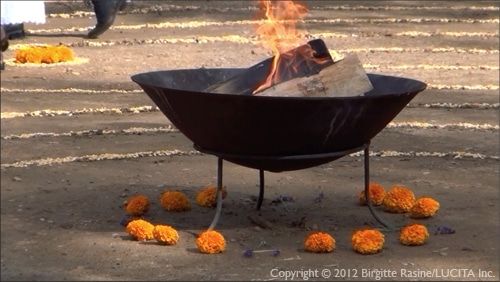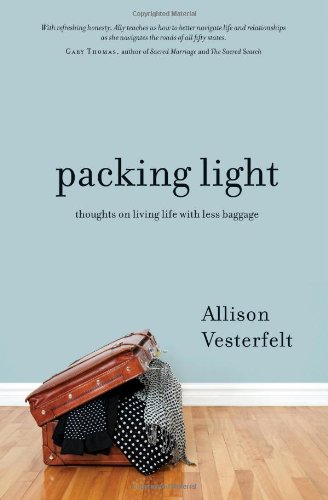
by Birgitte Rasine |
In our online conversation two weeks ago, I exhorted The Write Practice community to answer three fundamental questions about their writer’s soul, and asked you to tell me what you need help with the most.
The one thing that most of you called out for, overwhelmingly, was time. Well, you’re in luck because that is my all-time (pun intended) favorite fascination. So much so that I wrote a book and am running a seminar series on it.
The burning question is, how do we find more time in our ridiculous schedules to write? How can we expand, stretch, push the limits of the time we do have? How do we bleed out those extra seconds, minutes, and hours we’re having to spend sitting in traffic/doodling in desperation in mind-numbing company meetings/frozen in line at the grocery store/stuck in the unavoidable time warp of the post office?
by Joe Bunting |
But I will.
You will always encounter impediments to your writing. You will regularly want to procrastinate. You will often want to distract yourself. You will sometimes even want to quit writing altogether.
This is normal. This is the work. If it was easy, everyone would be great writers with dozens of books to their names. But of course, it’s not easy. You will do it anyway.

by Daphne Gray-Grant |
It’s funny what we can learn about writing from other, unrelated activities. For example, I’ve found that canoeing, shopping and learning to play the piano have all informed my writing practice. But little else in my life has taught me as much about writing as giving birth to triplets, twenty years ago.

by Guest Blogger |
I just released my very first book, called Packing Light: Thoughts on Living Life with Less Baggage, and the whole experience has been a huge learning curve for me. Writing the book was of course difficult in itself, but one of the most shocking parts of the process for me has been how much writing there still is to be done, even after the book is finished.
There are guest posts and articles and content for the book’s website and content for my own website — all of which (honestly) seem to be saying the same thing.
Sometimes it feels like the subject is getting tired, and my writing is falling flat.
Sometimes I feel more “blocked” now than I did when I was writing the manuscript.

by Joe Bunting |
Yesterday, I quit the story I was working on. I tried to start something new but then hated the new idea and quit it, too.
I go through these periods every once in a while when I hate all my writing ideas. Even writing this post was hard. Every sentence I wrote, I hated. Has this ever happened to you? How do you handle it?
What do you do when you hate your writing?
by Joe Bunting |
By nature, human beings are creatures of habit. We stick to what we’re good at it and we like to do what we’ve always done.
Habit is defined as “a settled or regular tendency or practice, especially one that is hard to give up.’”And habits are hard for us to give up. That’s why it’s so difficult for us to make a major lifestyle change—it breaks us out of our comfort zone.
For writers, though, habit can be particularly detrimental.



